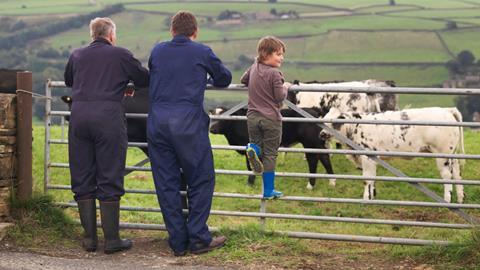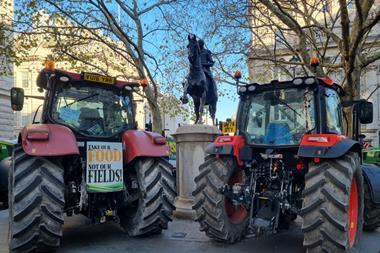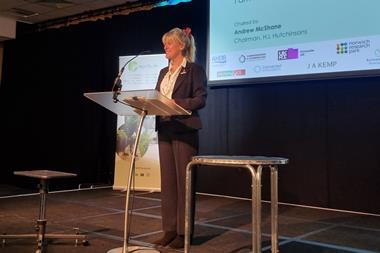Almost a year after Chancellor Rachel Reeves’ controversial budget announcement on changes to Inheritance Tax relief for farming businesses, could we now be on the cusp of at least a partial u-turn?
If the rumours that have swirled over the weekend are anything to go by, the government’s staunch defence of the policy, despite universal opposition, could well be coming to an end.
Reeves’s proposal to limit 100% relief to the first £1m of the value of agricultural and business property, from April 2026, was universally despised.
The move, which would slash business property relief and agricultural property relief to 50% on businesses valued above £1m, prompted a collapse in support from the farming sector in the government and led thousands to take to the streets in a series of high-profile protests.
Not only would the reforms pose a challenge to rural communities and food security – with several independent organisations saying more farms would be impacted than the government had calculated – there have also been tragic consequences, with at least one farmer reported to have taken his own life ahead of the 2026 deadline.
The farmers’ case has been backed by MPs, levy groups, the Efra Committee and even the major supermarkets, many of whom have called for a change in policy.
Despite this universal opposition, the government has long defended the scheme, insisting it is fair and a key tool in helping it fill an increasingly large fiscal black hole.
But with Reeves’ 2025 budget due to be delivered on 26 November, the dam may now be about to break, or, at the very least, start to crack.
‘Family farm tax’ changes
The Sunday Times reported yesterday that fresh changes to IHT relief are now being explored by ministers, via an increase in the threshold. A number of sources told the newspaper one option would be to raise it to £5m, which would help protect small farmers from the worst of the so-called family farm tax’s consequences.
The 50% relief above the threshold would either be “significantly reduced or removed, meaning the standard 40% rate of IHT would apply on all assets over £5m”, it reported.
Supporters of this option claimed that such changes could “ensure the Treasury would continue to raise similar amounts of tax revenue from wealthier landowners, who the government believes have invested in agricultural land to reduce their Inheritance Tax liabilities”. The outlet said a submission was being drawn up by Defra (now under the leadership of former economic secretary to the Treasury Emma Reynolds) ”to be presented to the Treasury before the budget”.
Farmers Weekly also pointed out similarities between the latest proposals and a recommendation made in August by the Centre for Analysis of Taxation, which found that the tax could be “better targeting” and should do more to protect working farms.
CenTax recommends a “minimum share rule’ which would remove the relief for passive investors in farmland and other businesses assets, funding an extension of 100% relief for farmers and other business owners to £5m per estate.
However, there has been no confirmation from government that change could be on the horizon, leaving many in the industry to worry this is nothing but an optimistic rumour. One industry leader told The Grocer that they did not have much hope for change.
Even with caution still the watchword, this weekend’s news has brought the topic back into the public domain, meaning all eyes will be on the Chancellor to bring this drawn-out conflict to an end. If not, it’s likely to open the floodgates to further criticism and action from an already hostile farming sector.
While the government still has some way to go to win back voters after the last tough 12 months, pressing reset on the IHT reforms would be a good place to start.




















No comments yet